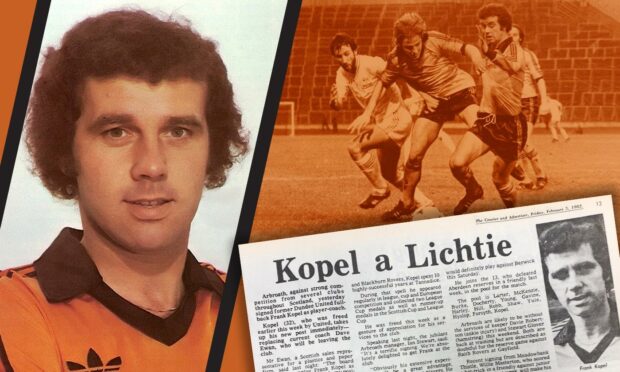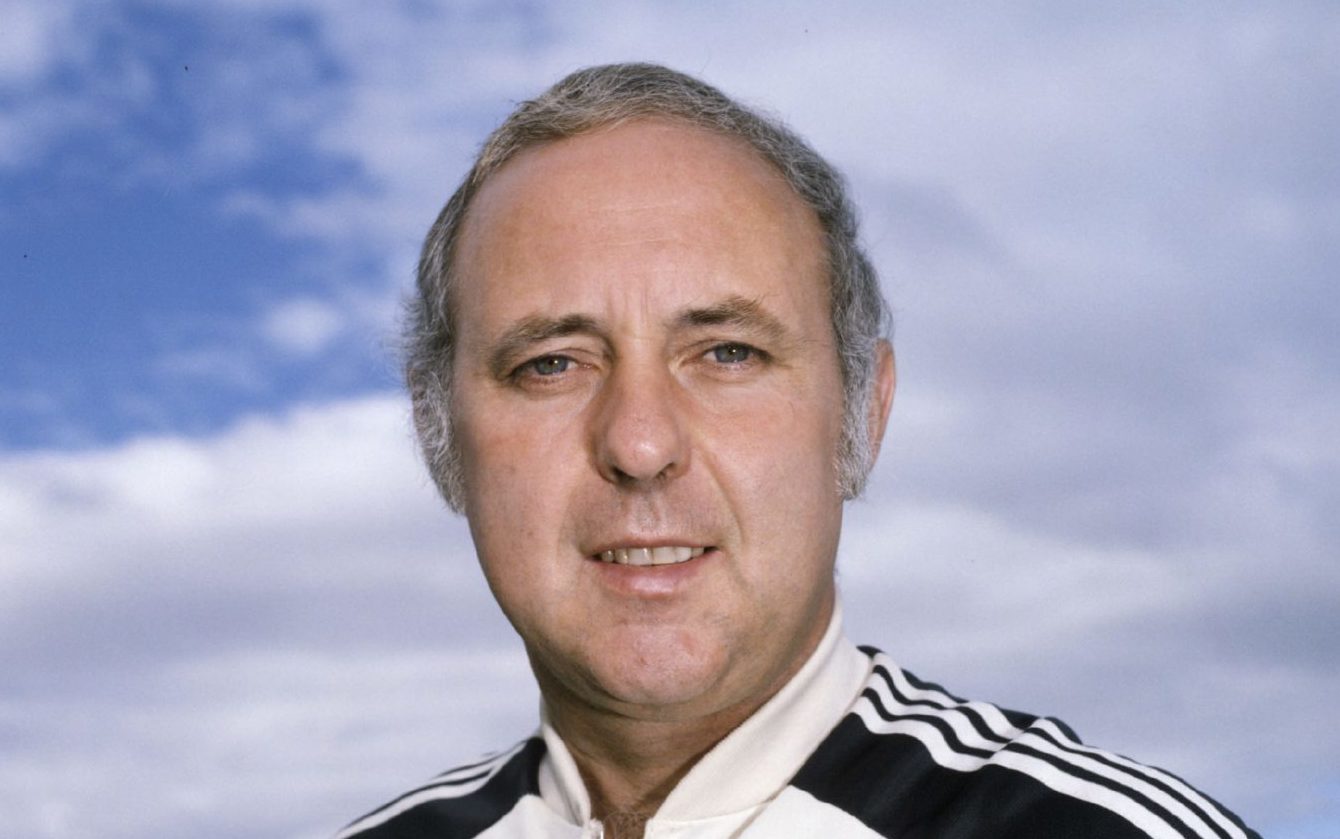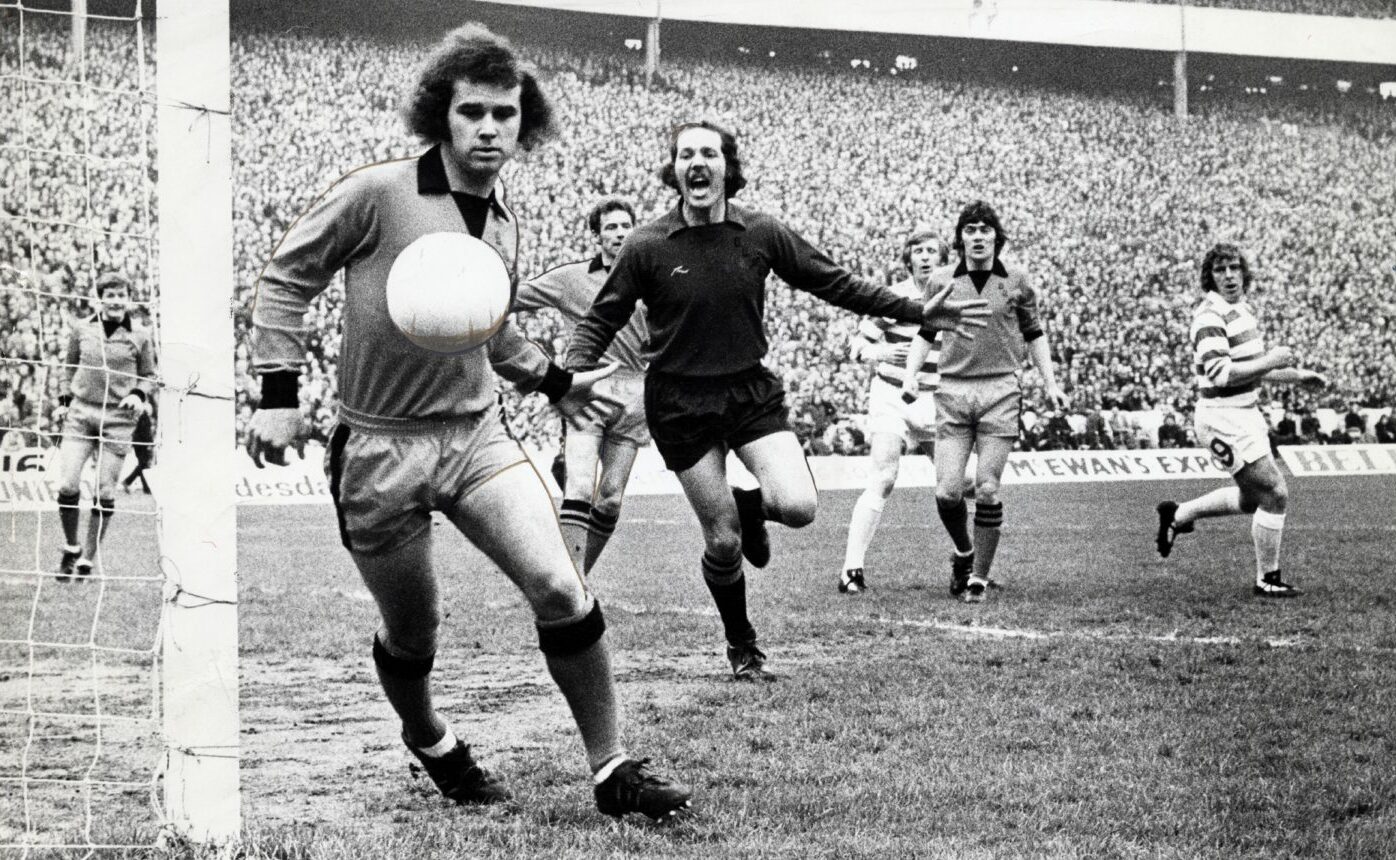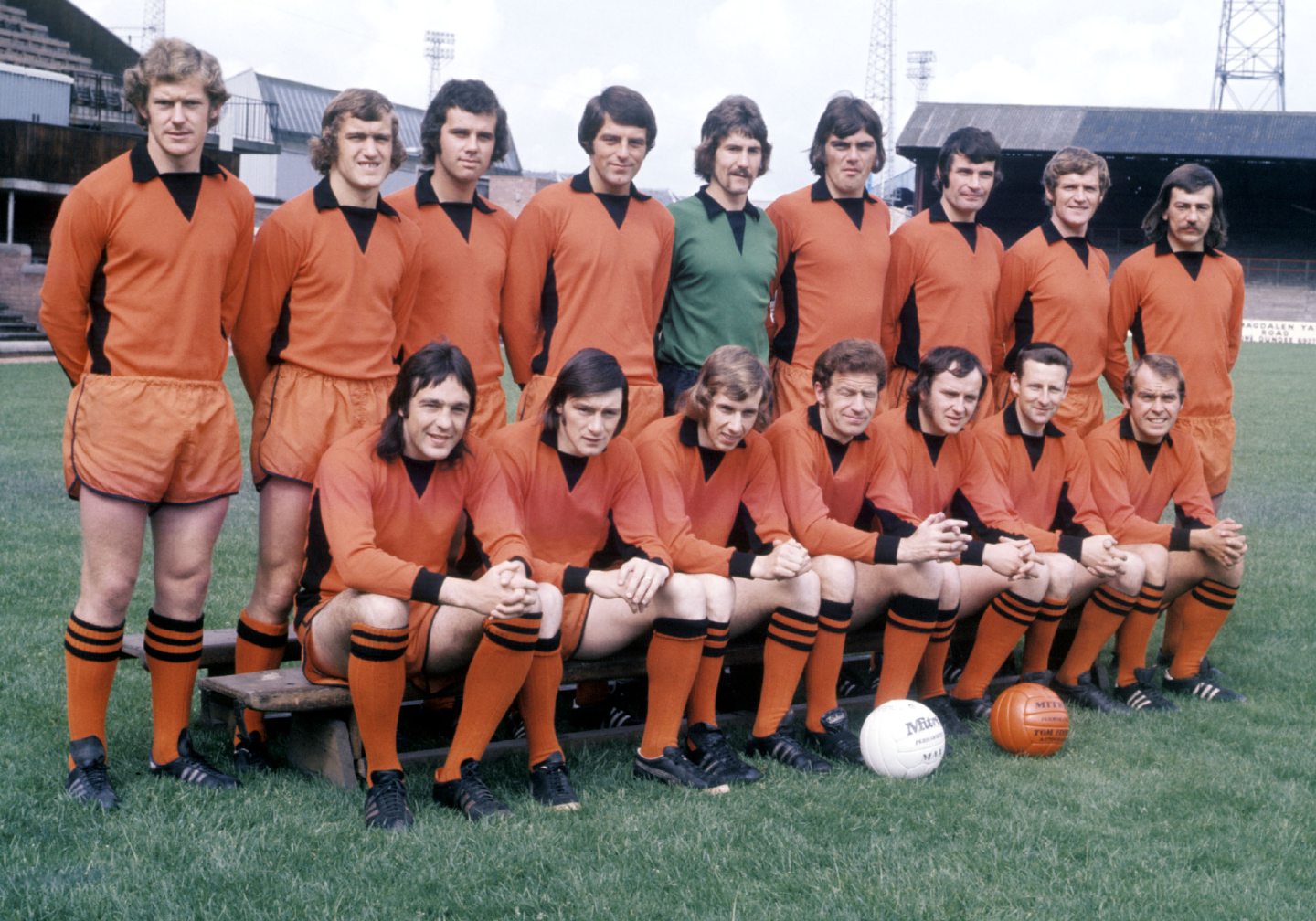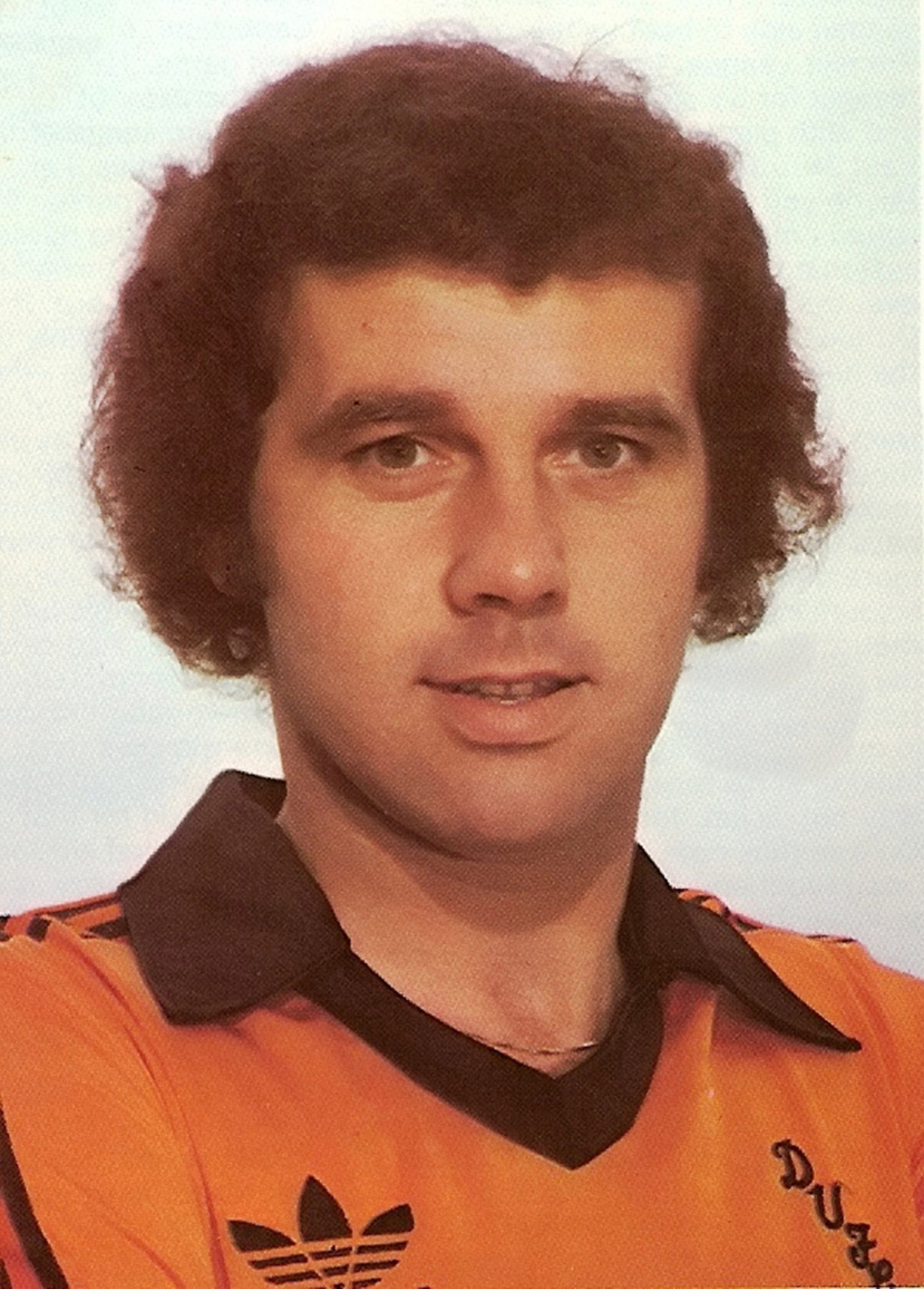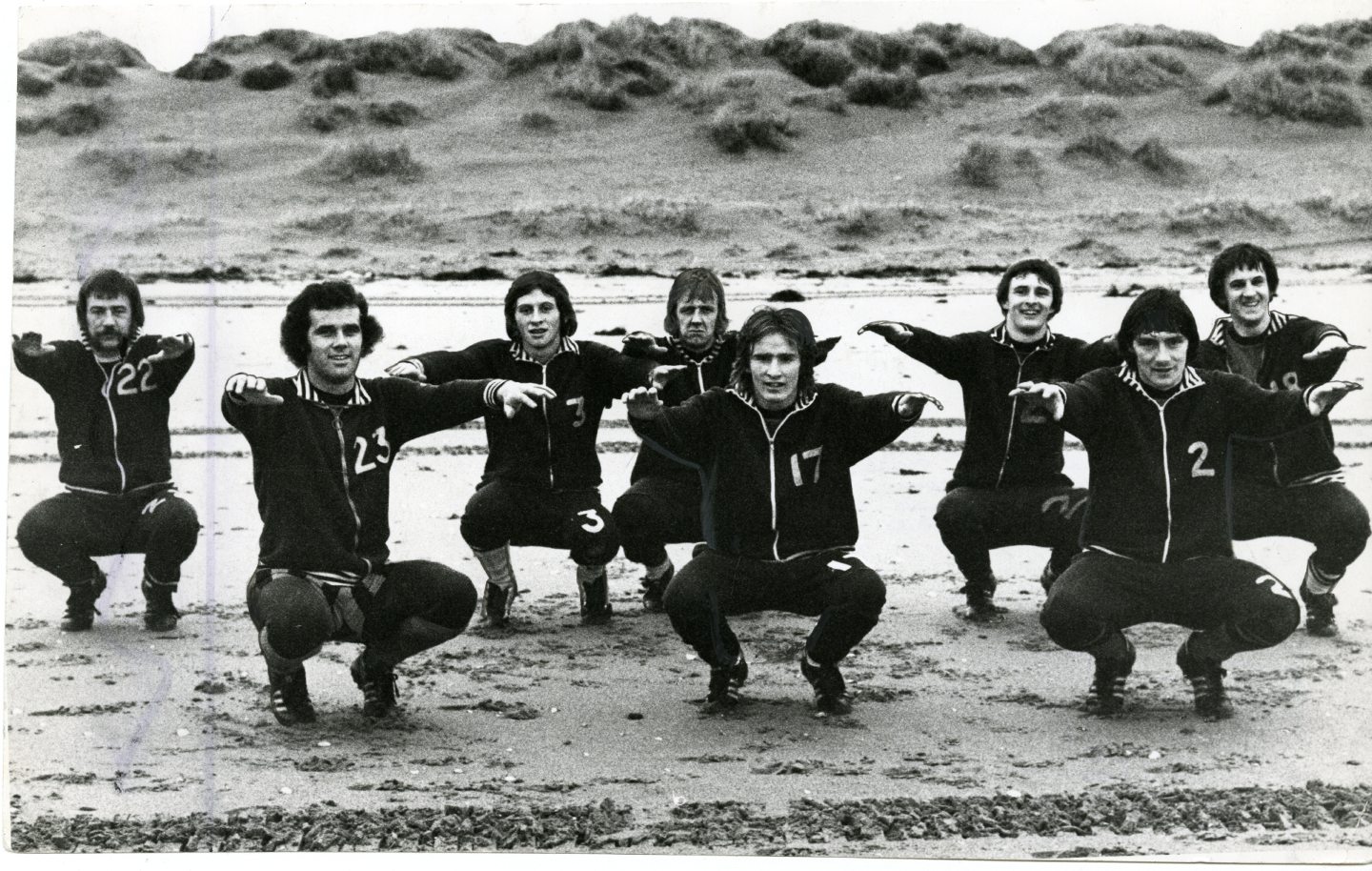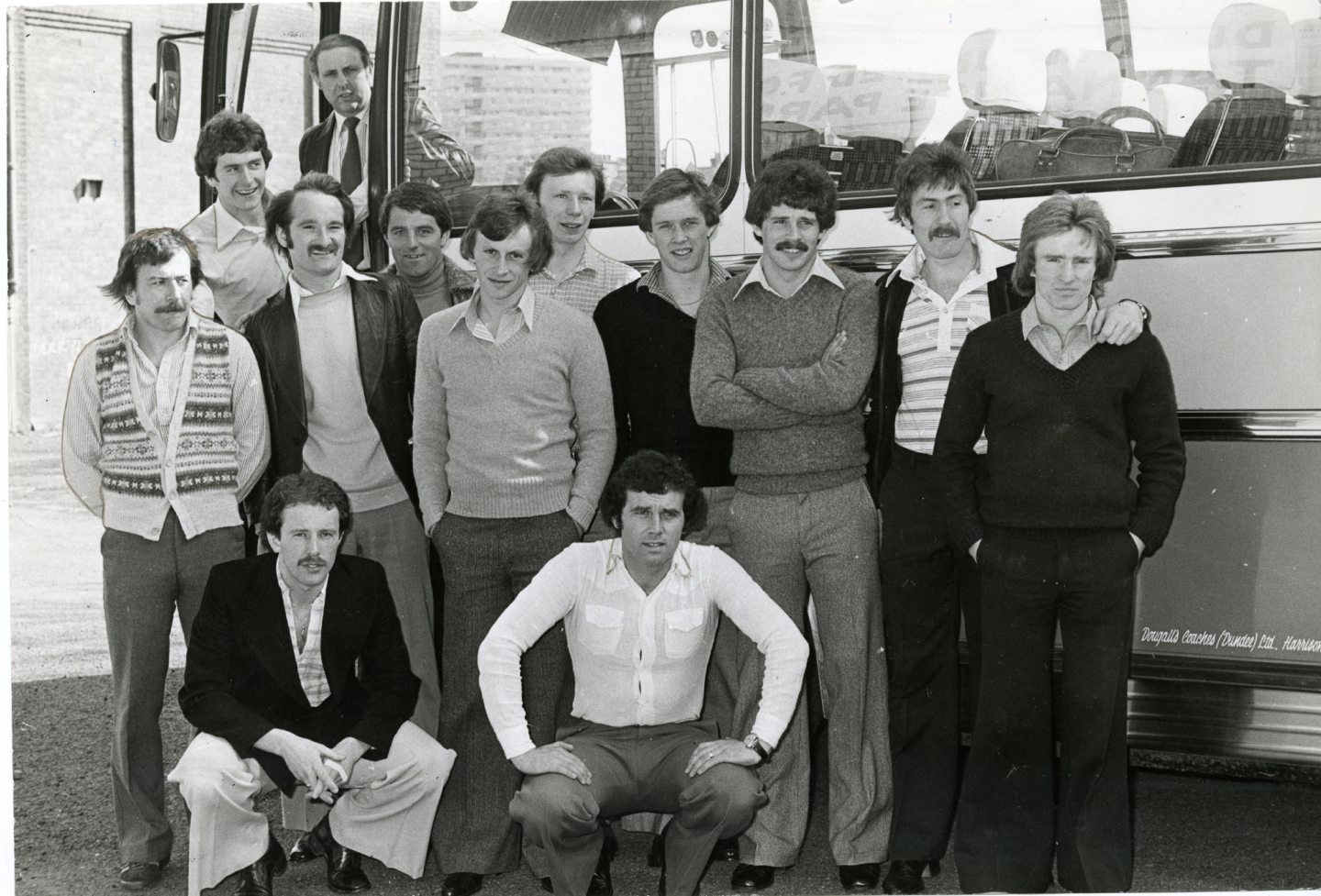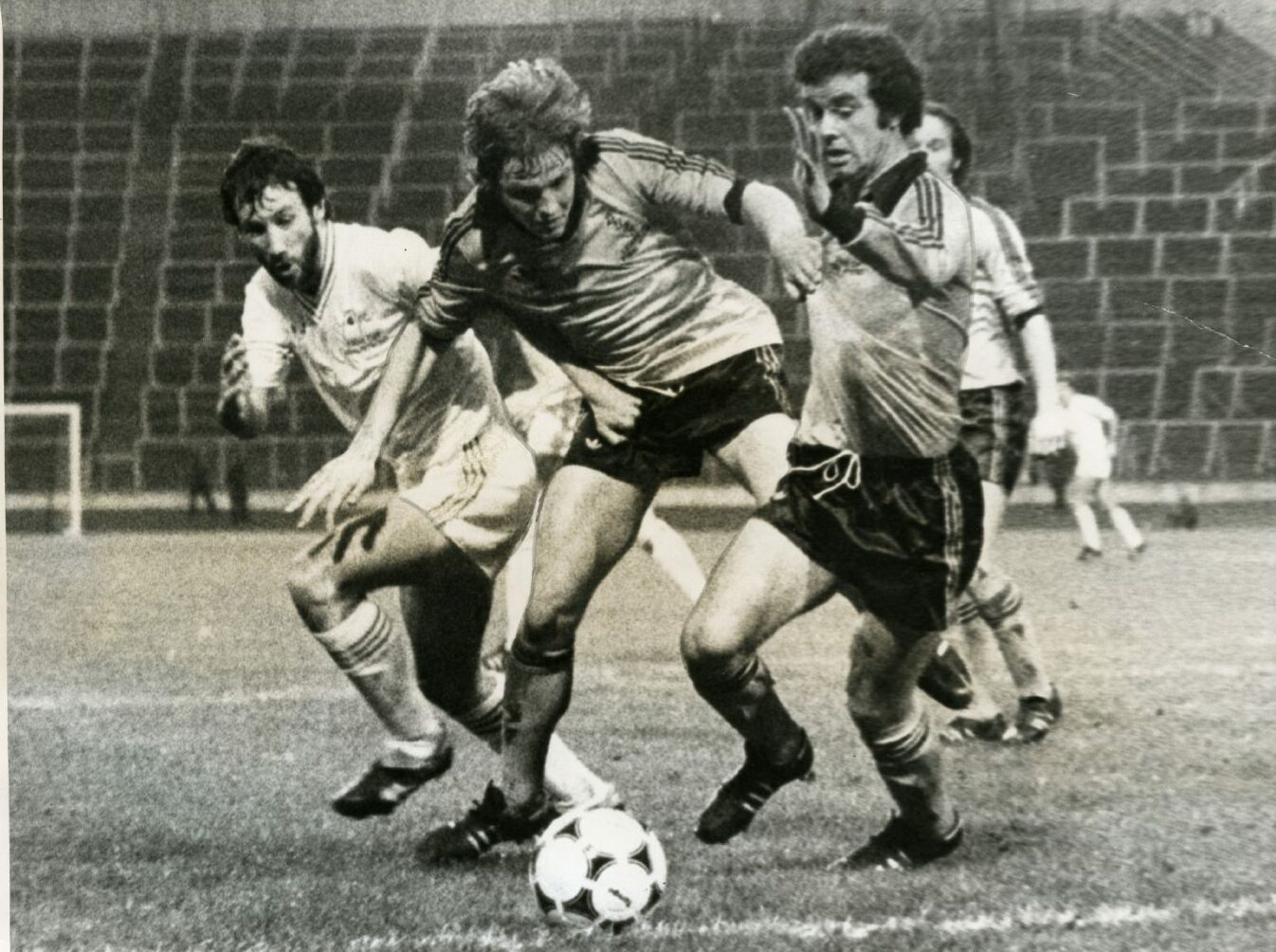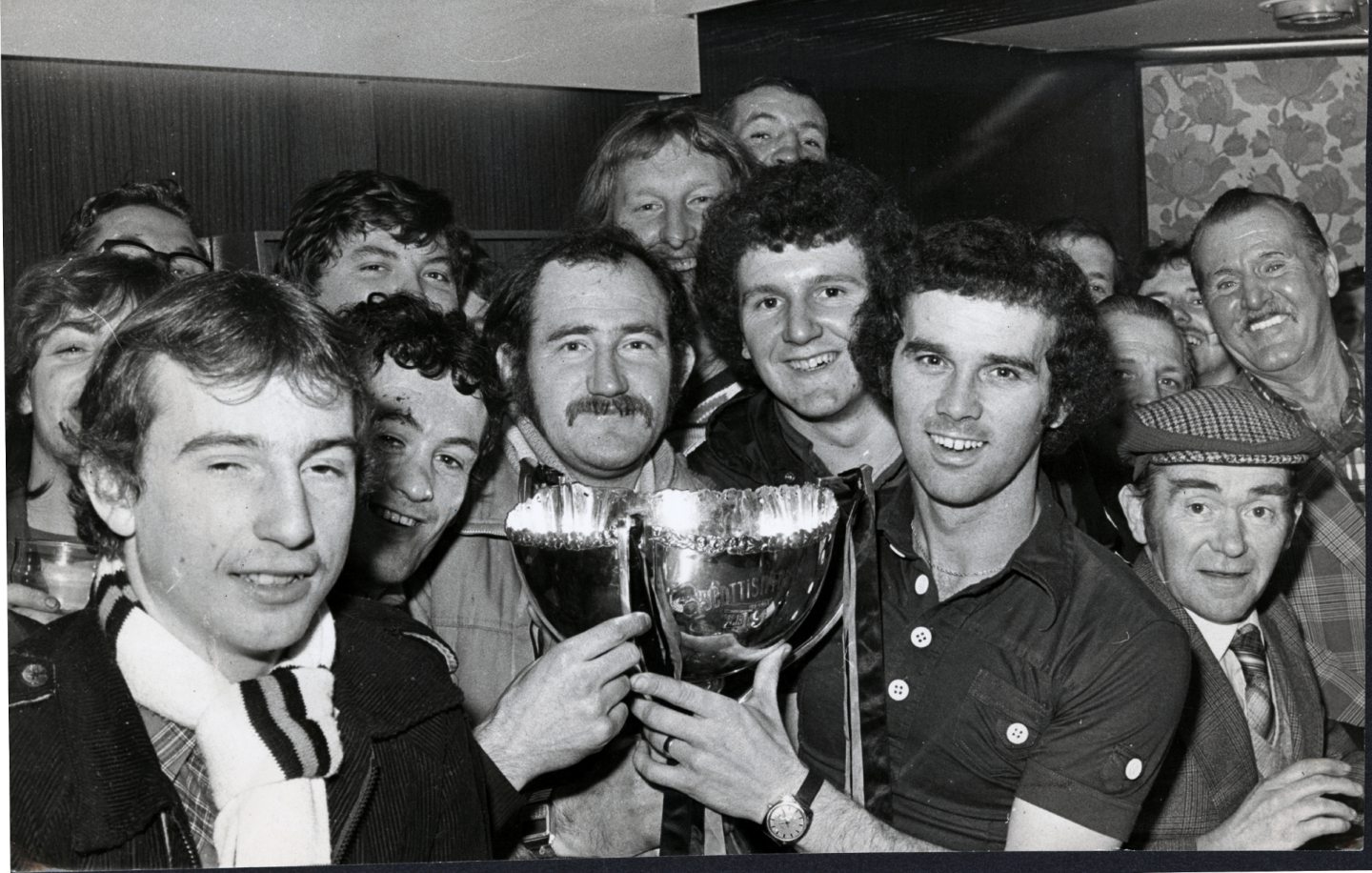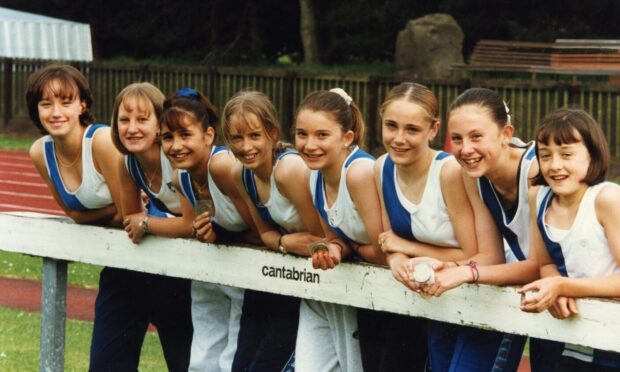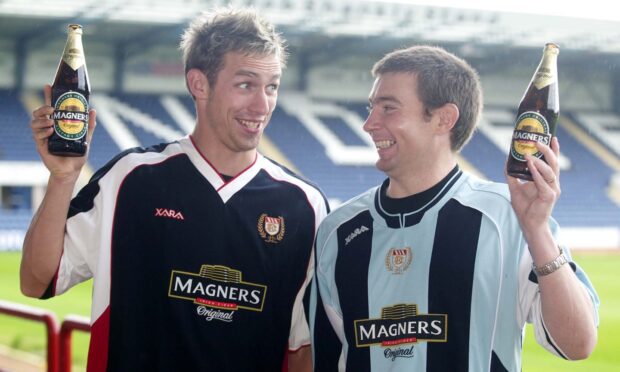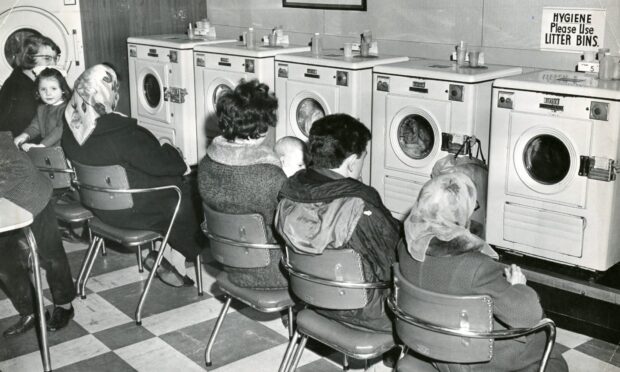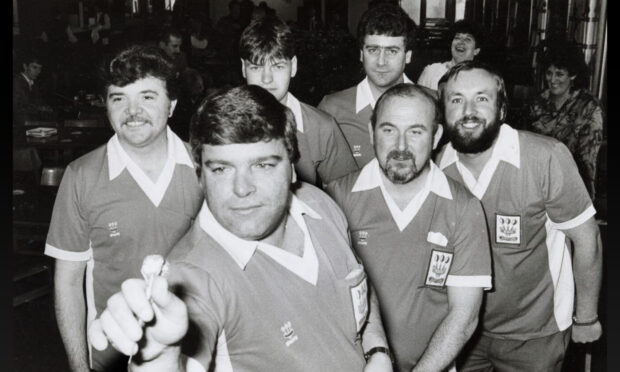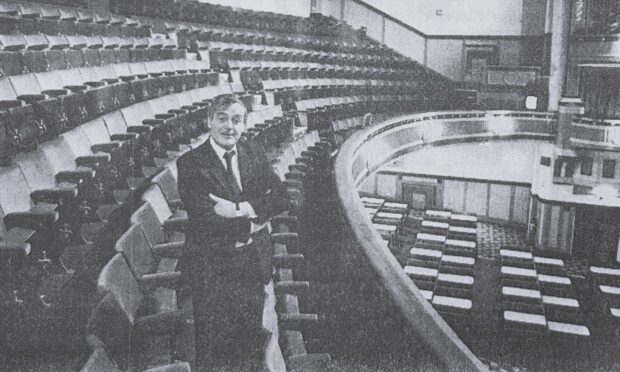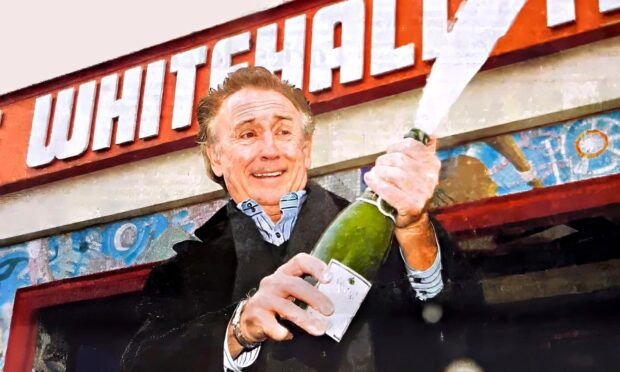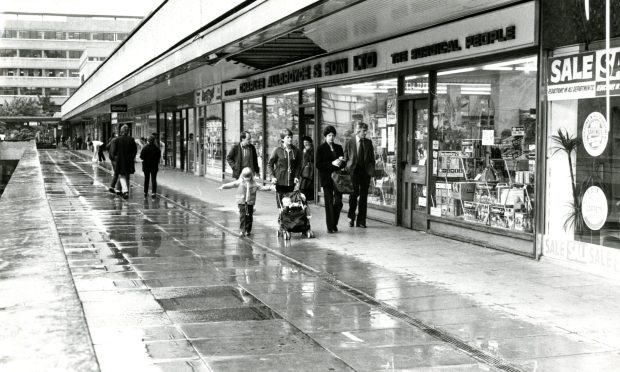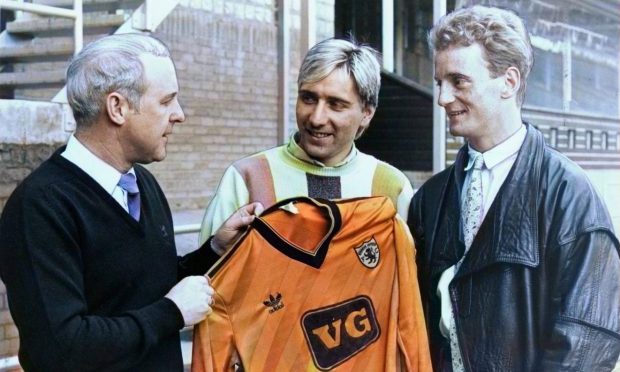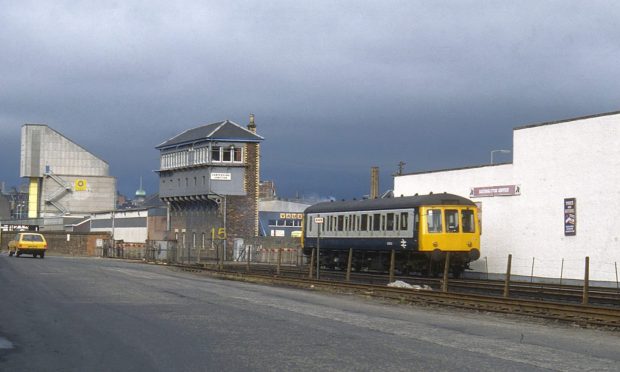“I was making out the wages and suddenly realised that, for the first time in 10 years, I wasn’t writing down the name Frank Kopel.”
Dundee United manager Jim McLean usually gave little away.
This time his poker face failed him.
It was February 1982.
This was back in the days when football clubs let journalists through their door on a daily basis to get a bit of news for the next day’s paper.
McLean admitted to a “touch of sadness” after being asked by the “local lads” about his decision to give Kopel a free transfer at the age of 32.
Kopel lost his first-team place to Maurice Malpas and was given the opportunity to join another club in recognition of his decade of service at Tannadice.
McLean said Kopel was allowed to go following the return of Richard Gough who spent four weeks in South Africa after suffering from homesickness.
Arbroath fought off strong competition from several clubs across Scotland to sign Kopel who took up a new player-coach role at Gayfield.
McLean broke it down further.
He said: “You hear a lot about certain players today, but he is the perfect example of the man who doesn’t hit the headlines often, but is the backbone of the club.
“Many on the terracing won’t appreciate just what Frank did for Dundee United on the field and off it.”
Career path
The Falkirk-born left-back started his playing career in 1964 under Sir Matt Busby at Manchester United before signing for Blackburn Rovers for £25,000 in 1969.
Things didn’t work out and McLean made him an offer to join his Tannadice revolution in December 1971 and become his first signing at Dundee United.
Kopel went on to make 407 appearances during a 10-year spell under McLean and won back-to-back League Cups in 1979 and 1980.
The pair formed an incredible bond and McLean offered Kopel the chance to continue to train at Tannadice during the week while playing with part-time Arbroath.
Arbroath manager Ian Stewart said: “It’s a terrific signing.
“We’re absolutely delighted to get Frank at the club.
“Obviously his extensive experience will be a great advantage, especially to our younger players. He is bound to be of great value to us both on the field and behind the scenes.”
Kopel started his Arbroath career against Berwick Rangers and before the match he reflected on his decade of success after signing for McLean in 1972.
He said: “It had to happen sometime.
“I couldn’t have spent a better 10 years anywhere.
“I’m proud to have been with United through such a rich period in their history.
“I knew next to nothing about the club when an old friend Ian Mitchell recommended me to Jim McLean.
“Ian is a Falkirk lad like myself. We’d faced one and other when I was with Blackburn Rovers reserves and he was in Newcastle United’s reserve team.
“I’d been with Manchester United but hadn’t broken through. Now it was Blackburn and then an unknown future. Ian had returned to (Dundee) United and after his ‘mention’ I was asked to contact the manager.
“I did, at Perth on New Year’s Day, where United were playing.
“Jim McLean’s impact was immediate. I’d had a few managers at Blackburn but none of them inspired me. He did. He talked football straight, no frills and so obviously knew the game that I was hooked straight away.
“My opinion never changed in 10 years. Maybe he sometimes gave me stick, maybe I wasn’t in the team on occasions, but the man is a great coach.
“The lads today owe a whole lot to some who were here at the start.
“I’m not picking and choosing, just giving examples, when I say Jackie Copland, Pat Gardiner, George Fleming, Andy Rolland and the like were the keystones laid down by Jim McLean.
“And look how he has built on them. It’s sad that Andy Gray and Raymond Stewart, for instance, had to go, but I suppose finance is vital too.
“But when you consider they have gone and the quality of player is still the like of David Narey, Paul Sturrock, Paul Hegarty and that there’s Derek Murray and Maurice Malpas, not to mention John Reilly, on their way through, then you get a proper perspective on the situation.”
As the highlight of his time at Tannadice, Kopel chose the 1979 League Cup win.
“You know, it didn’t actually sink in when we beat Aberdeen in the replay,” he said.
“We returned to Tannadice for a wee celebration but it was a pretty quiet affair because, though we had become to believe we were a pretty good team, it was our first honour and we weren’t used to such happenings.
“In my case the truth only dawned the next day when I read the headlines.
“I don’t think I’ve ever felt as proud as a footballer.”
At a personal level, Kopel said he recalled many highlights but topping the lot was his winning goal against Anderlecht in the Uefa Cup in 1979.
The left-back’s stunning late strike against the Belgian club took the Tangerines into the next round on the away goals rule.
United fans nicknamed him the ‘Arrow in Anderlecht’ while Scotland manager Jock Stein chose it as his goal of the season that year.
“As long as I live I’ll be able to remember that in detail,” he said.
“I was moving quietly into the penalty area when the ball came over from the left.
“I hadn’t been spotted, had a wee bit of space.
“I took the ball exactly right and it raged into the net.
“Wonderful, especially as it turned out to be the winner.”
Kopel finally hung up his boots in 1984 before going on to coach Forfar with former Dundee United players Henry Hall and Paul Hegarty in the 1990s.
But just a decade later he was struggling to remember his past glories and died aged 65 in April 2014 at his home in Kirriemuir after a battle with dementia.
More like this:
Frank Kopel and the Hogmanay call from Jim McLean which started a Dundee United love affair
Victor Ferreyra: Post-Maradona poster boy became a Dundee United cult hero
Dundee United legend Jim McLean: A football life in pictures
